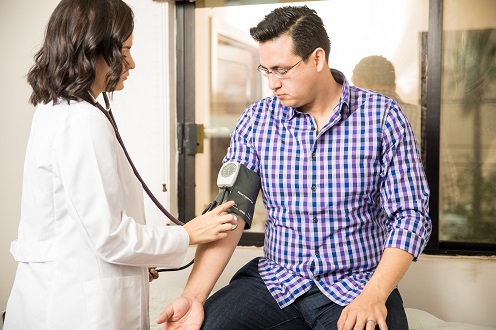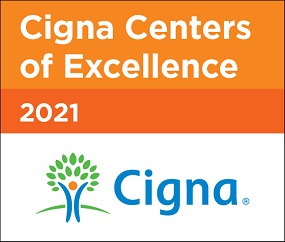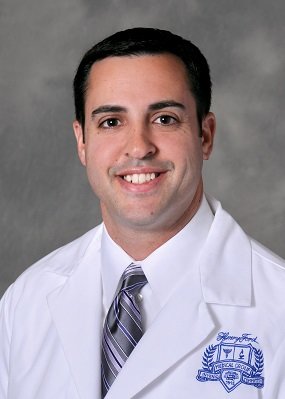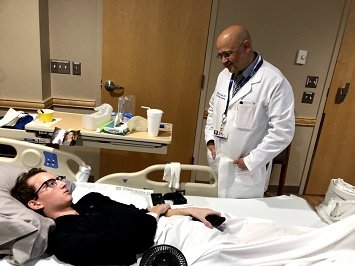
How Smoking Affects Your Brain Health
It’s not just your lungs that suffer when you smoke. Cigarette smoking can also have a negative impact on your brain health.
When you’re living with addiction, it’s common to feel powerless and out of control. But we know recovery is possible, no matter how long you’ve dealt with addiction or whether you’ve tried treatment before. We’re here with proven medical treatments, mental health support and a kind, listening ear as you navigate healing.
Addiction, also known as substance use disorder, is a treatable condition. It’s not a choice, moral failing or lack of willpower. At Henry Ford Health, our compassionate team provides evidence-based, full-spectrum services, from residential treatment to medication management, therapy and support groups.
We meet you where you are with flexible, personalized care. Offering innovative treatment options and same-day access, we’re here to help you find hope, healing and lasting recovery.
We understand that substance use disorder isn’t about an unwillingness to change. It is a neurological (brain) disease that requires targeted, specialized care.
When you choose the Henry Ford addiction program, you can expect:
Our team cares for anyone dealing with addiction to substances. Some of the most common conditions we treat include addiction to:
We provide full-spectrum substance use disorder care, including:
Henry Ford Health also provides some types of outpatient addiction treatment through virtual care. You can connect using your smartphone, tablet or computer.
Learn more about the unique aspects of each of our addiction medicine locations across metro Detroit and south central Michigan:



To request an assessment or find out more about our substance use disorder services, please contact:

It’s not just your lungs that suffer when you smoke. Cigarette smoking can also have a negative impact on your brain health.

Alcoholism is a physiological addiction - along with a psychological crutch. If getting and staying sober is your goal, these five strategies will help.

Gearing up for Dry January? Cutting alcohol can trigger sugar cravings as your body and brain reset. Learn why it happens—and how to manage it.

Learn why older Americans are at high risk for substance use disorder — and how to spot signs of addiction.

Distinction based on quality of care, patient experience and cost efficiency.

Henry Ford study shows patients can recover safely with non-opioid medicines.

It’s the 1st Michigan residential addiction program recognized for outstanding care, outcomes.

Henry Ford Health System EVALI Patient Daniel Ament on the Path to Recovery DETROIT – The teen who had a double lung transplant after...
We use cookies to improve your website experience. By using this site, you agree to our Terms of Use. Read our Internet Privacy Statement to learn what information we collect and how we use it.